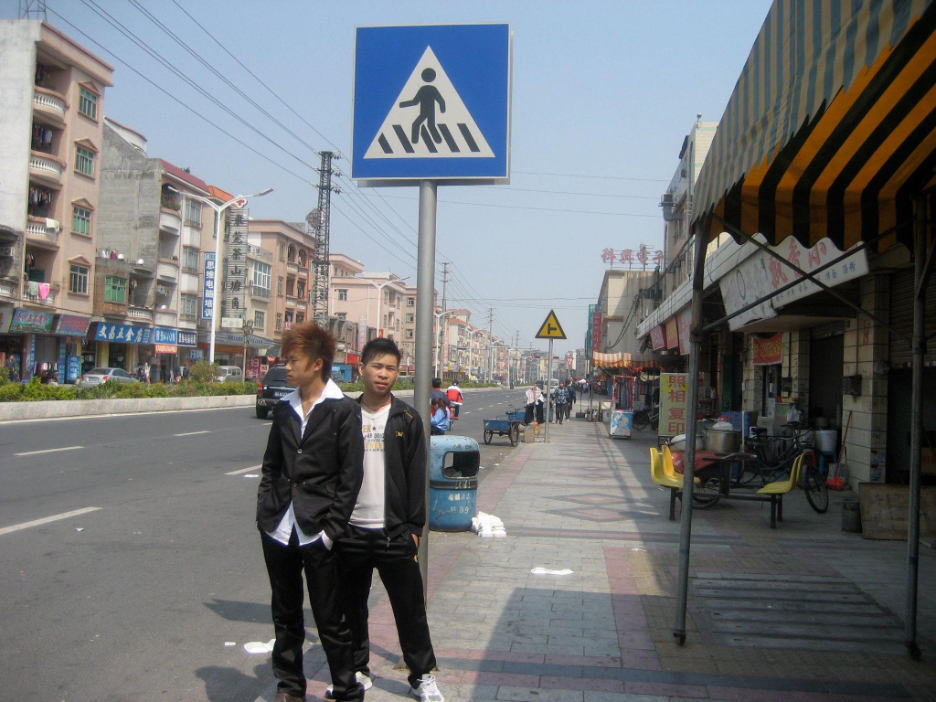Celebrating the ordinary workers at the heart of the movement
15 September 2021China Labour Bulletin’s outgoing communications director, Geoffrey Crothall, reflects on the last 14 years of workers’ struggle in China.
When I joined China Labour Bulletin in late 2007, the news was dominated by the Shanxi brick kiln scandal in which hundreds of vulnerable people were abducted from rural villages and forced to work in kilns and small mines in central China. In June of that year, in response to widespread public outcry:
45,000 police officers had raided some 8,000 mines and kilns in Shanxi and Henan, freeing 591 slave labourers including 51 children. The official All China Federation of Trade Unions has vowed to bring rural labourers under the protection of grassroots unions. Local governments have agreed to pay compensation to all freed labourers, and Premier Wen Jiabao has personally ordered an in-depth investigation into the use of slave labour, promising that all perpetrators will be punished.
Fast forward to 8 September 2020, when the popular magazine People published an exposé of the appalling working conditions of food delivery workers in China’s cities. The report, entitled “Delivery Riders, Trapped in the System,” created massive public backlash against the big tech companies that dominate the industry. And, eventually, the government took note, vowing to curtail the power of big tech and ensure workers are adequately protected. There was even talk of bringing vulnerable workers into the union.
It all had a very familiar ring to it. A lot has changed over the last 14 years. Once-rural areas have been swallowed up by vast urban conurbations, transport and communications networks cover almost the entire country, and the focus of work has shifted from the mine and the factory to the office and online platforms. Education and living standards have undoubtedly improved, but - in terms of labour relations, regional economic disparities and income inequality - the all too familiar problems remain firmly in place.
Working for an organization that supports the workers’ movement in China can sometimes feel a bit like Groundhog Day. It is a never-ending struggle. Setbacks are inevitable, so it is important to celebrate the small victories achieved along the way and give hope to those who will follow you.
Over the last 14 years, I have been lucky enough to get to know many remarkable workers, leaders and civil society activists who have taken a stand, often risking their own personal liberty, to defend workers’ rights and push for better pay and working conditions. Worker activists like Zhang Haichao, Wu Guijun and Yu Wucang, to name but a few, are all worthy of praise.
But workers’ leaders can only be effective if they have the support of the rank and file. It is these ordinary workers who have formed the backbone of the movement.

Young factory workers in Chashan township, Dongguan, March 2011.
In the late 2010s, I would often visit the factory towns of Dongguan and Shenzhen, talking to workers in cafes, bars and pool halls. These workers were not activists, and their main concern was just to earn enough for a decent living. They would accept hardship, even mass layoffs in the wake of the global economic crisis of 2008, but when the boss went too far, they would react.
This did not always mean strikes and overt protests. The Smart Kids of Dongguan, young migrants from the countryside, for example, reacted by creating their own urban subculture based on colourful and outrageous hairstyles that gave them a sense of belonging in a hostile world. Smart culture rejected the idea that hard work in a dead end job is the key social advancement, and in this sense the Smart Kids were ahead of their time. Today, workers across China, and across a broad spectrum of industries, are demanding a better work/life balance, and some are choosing to opt out entirely and lie down (躺平).
The space for large-scale collective action in China is shrinking, but smaller-scale worker protests and demands for redress are still a daily occurrence. There is still a lot of work to be done, and it will need new and creative ideas to keep the movement going forward.
As I retire, I am heartened by the fact that there are still many dedicated people from China and around the world who want to continue the struggle. Add Oil!
